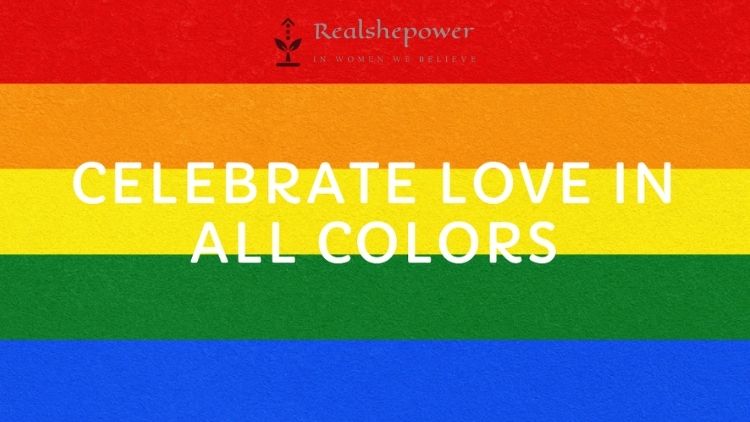Marriage Equality in India: Awaiting the Supreme Court’s Landmark Verdict


The Supreme Court is on the cusp of delivering a landmark judgement that could potentially redefine the institution of marriage in India. This decision, highly anticipated by many, emerges from an exhaustive 10-day hearing that was held in April-May, where a series of petitions demanded the extension of marriage rights to LGBTQIA+ couples. Presided over by Chief Justice DY Chandrachud and four other judges, the court proceedings were accessible to the public via live streaming.
A ruling in favor of the petitioners would unlock a plethora of legal benefits for LGBTQIA+ couples, spanning insurance, adoption, and inheritance, aligning their rights with those of heterosexual couples. The petitioners, represented by Senior Advocate Mukul Rohatgi and others, rooted their arguments in constitutional articles guaranteeing equality, non-discrimination, and the right to life. They underscored the 2018 landmark judgement that decriminalised homosexuality and the 2017 ruling affirming the right to privacy.
Central to the discussions was the Special Marriage Act (SMA), 1954, and its interpretation. Advocates for the petitioners contended for a gender-neutral interpretation, emphasizing the necessity of a constitutional recognition of marriage for LGBTQIA+ individuals. They also highlighted the practical implications such as eligibility for pensions and provident funds that come attached with legal marriage recognition.
The arguments weren’t solely confined to legal intricacies. The societal and familial acceptance that can potentially stem from legal recognition was underscored. There was also a push to simplify the process of marriage registration, curbing the interference of vigilante groups and overbearing family members that often infringe upon individual privacy.
ALSO READ
Singapore decriminalized homosexuality, but with a caveat
On the flip side, the respondents, represented by the Solicitor General Tushar Mehta and others, maintained their stance rooted in the traditional interpretation of marriage laws. They asserted that a seismic shift in the recognition of marriage would necessitate amending a significant number of existing laws, a task they believed was suited for the Parliament, not the judiciary. Concerns regarding the implications on children and the differentiated treatment between heterosexual and homosexual couples under current laws were also raised.
State responses to the petitions were mixed, with some opposing the plea and others requesting additional time for consideration. The Jamiat-Ulama-i-Hind and other respondents warned of the irreversible impacts and potential legal complications that could arise from the court sanctioning marriage equality.
As the nation awaits with bated breath, the Supreme Court’s impending judgement holds the potential to not only legally but also socially transform the lives of millions of LGBTQIA+ individuals in India, marking a pivotal moment in the nation’s journey towards inclusivity and equality.
